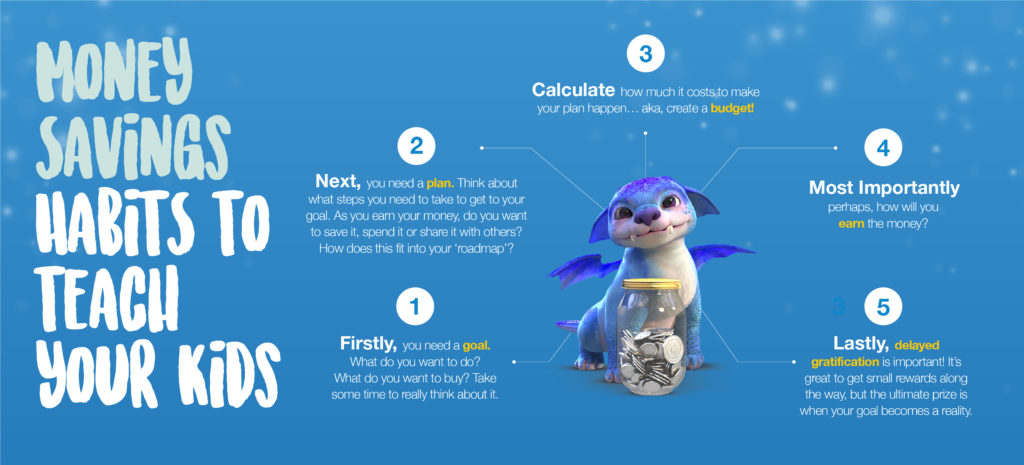Most people’s expenses exceed their income. That is according to a recent poll by popular parenting platform ‘Momsays’. Just 25.8% are managing to save consistently. More than 40% don’t save at all. Many families are feeling stretched and stressed right now, which makes it more important than ever to play open cards, pull together, and start having those important money chats. Having regular family ‘money dates’ is one of the best ways to set shared goals and get on the same page.
It’s super important to pull little people into the family financial planning. But try to do so in a way that makes it real – and less boring! Money talk can be so dry and small people’s eyes tend to glaze over easily. Try to make it as relevant and practical as possible. Mariska Oosthuizen, Head of Brand at Sanlam, says, “When you’re buying groceries, turn finding the lowest price for the same product into a game. Or, have a competition at home to see who can earn the most money from doing extra chores. Or sit together as a family and go round the circle and name a dream you each want to save for.”
The Momsays Survey showed that South African families talk about money more than many may think. Oosthuizen adds, “Encouragingly, 91.3% of respondents said they speak about money as a family, with 32.8% doing so on a monthly basis, 20.6% weekly and 15.8% have daily discussions.
“That’s really amazing. However, of those with kids, 51.8% of participants’ children were not saving. There’s a real opportunity when kids are young to set them up on a solid savings journey for life. Our free Sanlam Savings Jar app can help kick-start this. It encourages ‘young dragon masters’ to embark on an epic savings quest. The more virtual treasure kids save, the bigger their ‘pet dragon’ grows! This is all part of inspiring little ones to live with financial confidence – now and in adulthood.”

Goal setting is a pivotal part of learning to manage money. The survey showed that of the people who were managing to save, 51.8% were saving for their kids, 37% were contributing to an emergency fund, and 15.6% were saving for a house. Oosthuizen adds, “It can be a really special exercise to share these goals together. Happily, 67.2% of respondents said they do set shared financial goals as a family. Let your little ones know what you’re saving for and ask them what they’d like to save for as well.”
Another big part of introducing children to finances is teaching them the value of money. Over half (54.8%) of the respondents said their last ‘big spend’ was on food, 11.4% said health-related items, and 8% their vehicle. Most wished they spent less money on bills (48.1%), 22.9% said ‘eating out’ and 6% said beauty buys. It’s important to be honest about these things and involve kids in the budgeting discussions so that they gain an understanding of what things cost. 45.6% of respondents said they never involved children in these chats.
Oosthuizen adds, “It’s so important to teach kids the difference between needs and wants. Take them through the budget and your expenses each month. It’s vital to let them see you enjoy your money and indulge in spoils occasionally. But it’s equally important to show the ‘opportunity cost’ of that. ‘If I put money towards this now, I’ll have less money for the other goal we’re saving for’.
“The bottom-line is that it’s wonderful to make ‘money talk’ a natural, frequent conversation in your home. It takes any ‘scariness’ out of finances and it can encourage a real closeness. It’s special to celebrate big and small victories together. It’s also important to show kids how learning vital savings lessons in the tough times means manifesting good money habits in the ‘good times’ as well. That’s what a mind-set of abundance is all about.”




